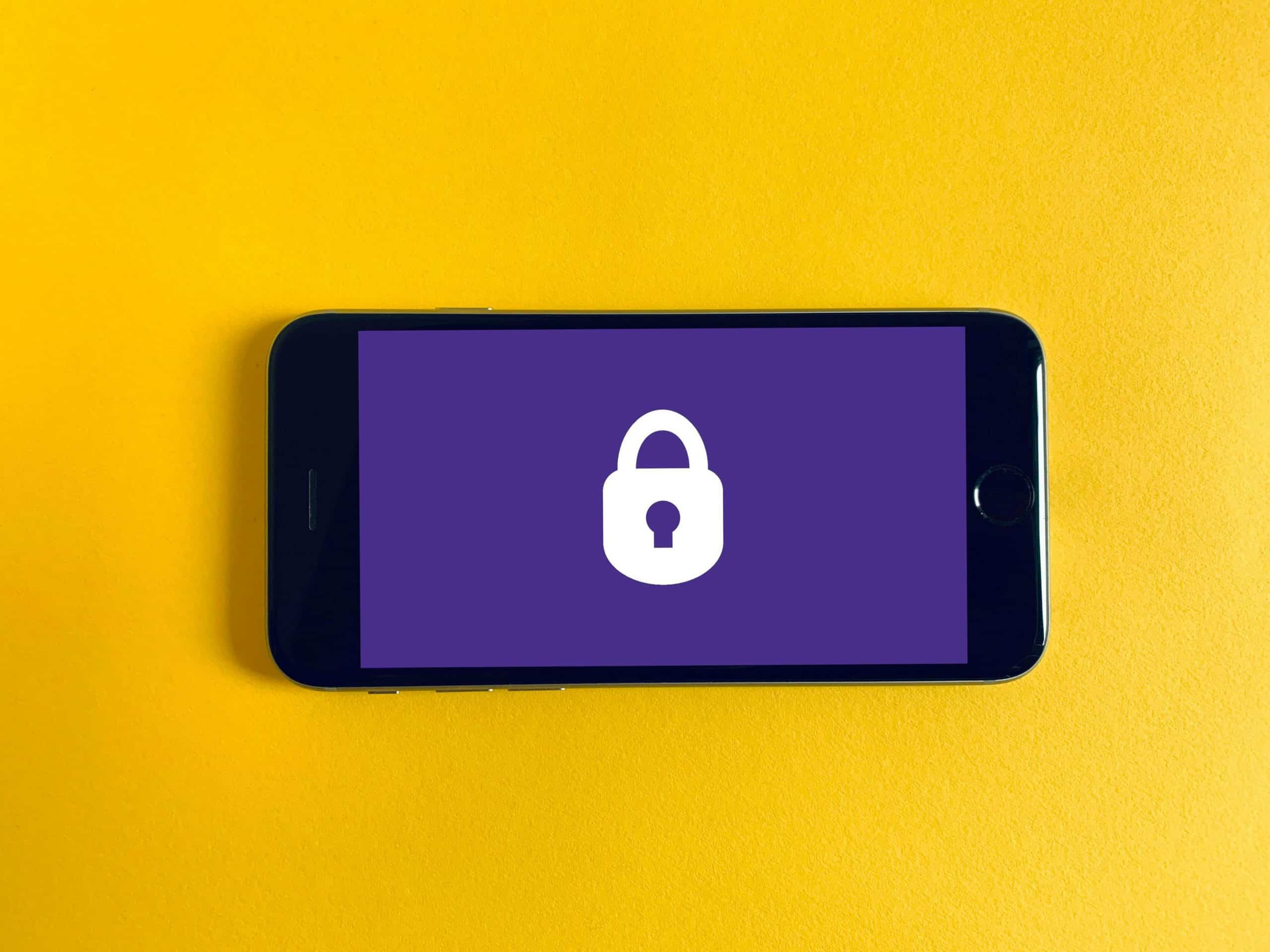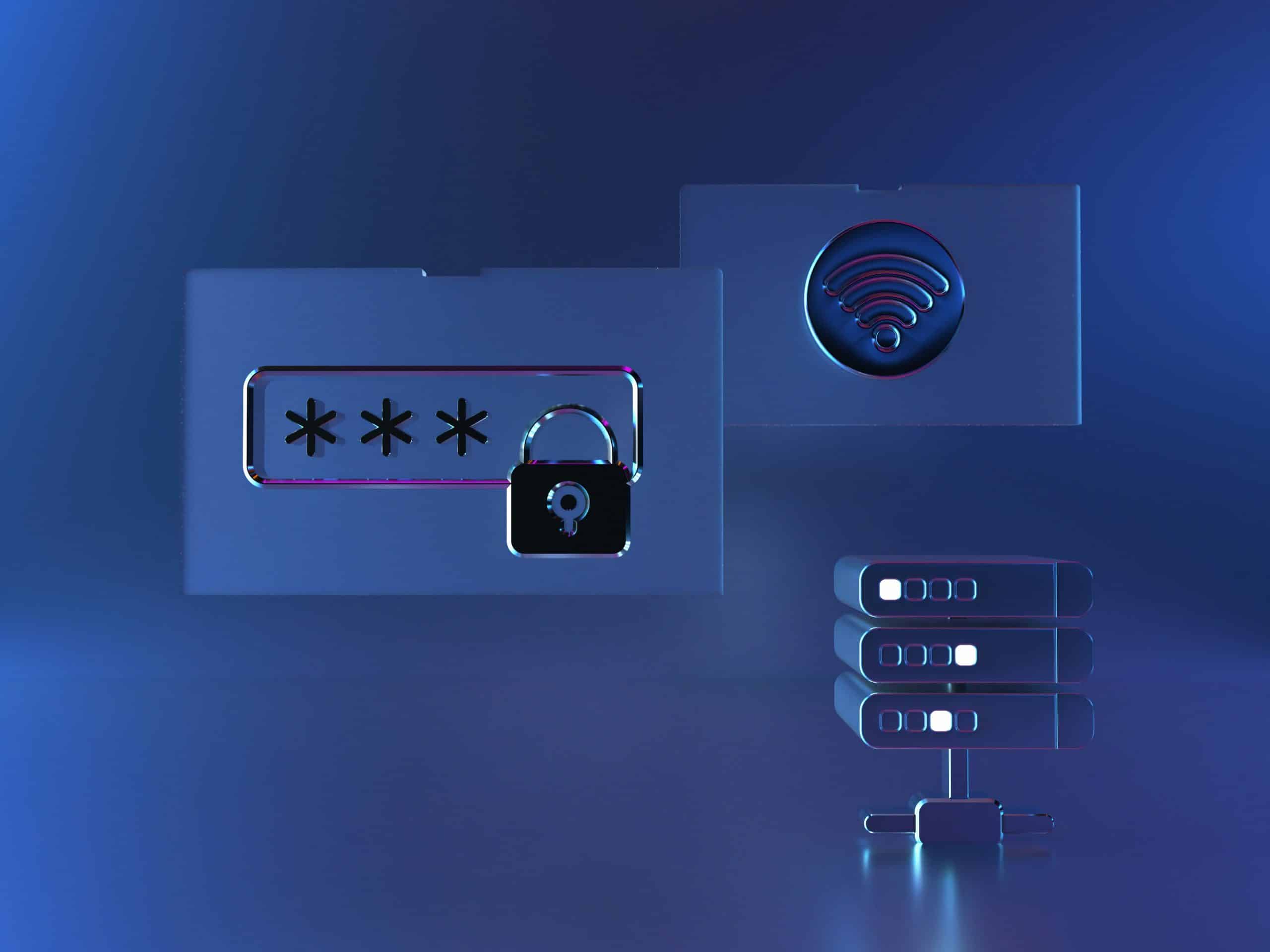Secure payment gateways are essential for any WooCommerce store. They protect sensitive financial information, build customer trust, and ensure smooth transactions. This guide explores the best secure payment gateways for WooCommerce, their key features, and how to implement them effectively. We’ll cover top options like PayPal and Stripe, discuss crucial security measures such as encryption and fraud prevention, and provide tips for choosing the right hosting and collaboration tools. By the end, you’ll have a comprehensive understanding of how to create a secure payment environment for your online store.
Understanding payment gateways in WooCommerce
Payment gateways are the backbone of online transactions in WooCommerce stores. They act as intermediaries between your customers, your store, and the banks involved in the transaction. When a customer makes a purchase, the payment gateway securely processes their credit card or other payment information, verifies the funds, and initiates the transfer to your merchant account.
The importance of payment gateways can’t be overstated. They not only facilitate transactions but also provide security measures to protect sensitive financial data. A reliable payment gateway enhances customer trust, reduces cart abandonment rates, and helps prevent fraudulent transactions.
Payment gateways typically work in a series of steps to process orders. First, the customer enters their payment details on your checkout page. The gateway encrypts this information and sends it to the payment processor. The processor then communicates with the customer’s bank to authorize the transaction. Once approved, the gateway confirms the payment to your store and the customer, completing the purchase. This process happens within seconds, providing a seamless experience for your customers.
Key features of secure payment gateways

Secure payment gateways incorporate several critical features to protect financial transactions and customer data. Understanding these features can help you choose the most suitable gateway for your WooCommerce store.
Encryption and tokenization are two primary security measures used by payment gateways. Encryption converts sensitive data into an unreadable format during transmission, preventing unauthorized access. Tokenization replaces card details with a unique identifier or “token,” which is useless if intercepted by hackers. These technologies ensure that even if a breach occurs, customer financial information remains protected.
PCI DSS (Payment Card Industry Data Security Standard) compliance is another crucial feature. This set of security standards, established by major credit card companies, ensures that businesses handle card information securely. A PCI DSS-compliant gateway adheres to strict security protocols, reducing your liability and building customer trust.
Fraud detection and prevention capabilities are essential in today’s online landscape. Advanced gateways use machine learning algorithms to analyze real-time transactions, flagging suspicious activity for review. These systems can detect unusual purchasing patterns, mismatched billing and shipping addresses, and other red flags that might indicate fraudulent activity.
Top secure payment gateways for WooCommerce
When it comes to choosing a secure payment gateway for your WooCommerce store, several options stand out for their robust security features and reliability.
PayPal is a widely recognized and trusted payment gateway. It offers end-to-end encryption fraud protection and is PCI-compliant. PayPal’s ease of use and global reach make it an excellent choice for many online stores. It also provides buyer and seller protection, adding an extra layer of security for transactions.
Stripe is known for its developer-friendly approach and strong security measures. It uses machine learning for fraud detection and offers features like 3D Secure authentication. Stripe tokenizes sensitive data and is fully PCI compliant, ensuring your customers’ information is well-protected.
Jovvie is a newer entrant in the payment gateway space, specifically designed for WooCommerce stores. It offers a unique approach by combining multiple payment methods into a single checkout experience. Jovvie supports major credit cards, digital wallets, and buy now, pay later options. Its focus on simplifying the checkout process and inventory management while maintaining strong security measures makes it an interesting option for WooCommerce store owners looking to optimize their conversion rates.
Enhancing security with two-factor authentication

Two-factor authentication (2FA) is a critical security measure that adds an extra layer of protection to your WooCommerce store’s payment process. 2FA requires users to provide two different authentication factors to verify their identity, significantly reducing the risk of unauthorized access.
The importance of 2FA for payment gateways cannot be overstated. Even if a malicious actor manages to obtain a user’s password, they would still need the second factor (typically a temporary code sent to a mobile device) to gain access. This additional step dramatically decreases the likelihood of successful attacks, protecting both your business and your customers from potential financial losses.
Setting up 2FA for your WooCommerce store involves a few key steps. First, you’ll need to choose a 2FA plugin compatible with WooCommerce. Many security plugins offer 2FA functionality as part of their features. Once installed, you’ll typically need to enable 2FA in the plugin settings and configure it according to your preferences.
Next, you should encourage or require your customers to set up 2FA for their accounts. This often involves them downloading an authenticator app on their smartphone, such as Google Authenticator or Authy. The app generates time-based one-time passwords (TOTP) that serve as the second factor during login.
Choosing the right WordPress hosting for optimal security
Selecting the right WordPress hosting is crucial for maintaining a secure WooCommerce store. When choosing a host, consider factors such as uptime guarantees, server locations, and customer support quality. These elements contribute to your store’s performance and security.
Managed WordPress hosting often provides better security features compared to shared hosting. Managed hosts typically offer automatic updates, daily backups, and advanced security measures like malware scanning and removal. They also tend to have WordPress-specific expertise, which can be invaluable for troubleshooting security issues.
Look for hosting providers that offer SSL certificates, firewalls, and regular security audits. Some hosts provide features like two-factor authentication for your hosting account and IP blocking to prevent unauthorized access. Additionally, consider hosts that offer isolated environments where your site runs in its own container, reducing the risk of cross-site contamination.
Implementing a content collaboration strategy for secure payments
A synced content collaboration strategy is essential for maintaining security and consistency in payment-related communications. This approach ensures that all team members are aligned on messaging and procedures related to payments and financial transactions.
When creating and managing payment-related content, establish clear guidelines for what information can be shared and how it should be presented. This might include templates for invoices, order confirmation emails, and refund policies. Implement a system for version control to ensure that outdated information is not accidentally used.
Setting up approval workflows for financial documentation is crucial. This process helps prevent errors and ensures that sensitive information is handled correctly. Use a collaborative tool that allows for multiple review stages and maintains an audit trail of changes and approvals.
Ensuring consistent messaging across teams is vital for building customer trust. All customer-facing staff should have access to up-to-date information about payment processes for security measures. Regular training sessions can help keep everyone informed about the latest security protocols and payment gateway features.
Conclusion
Securing payment gateways in WooCommerce is crucial for protecting your business and customers. By choosing reputable gateways like PayPal, Stripe, or Jovvie and implementing features such as encryption and two-factor authentication, you significantly reduce security risks. Selecting the right WordPress host and implementing a strong content collaboration strategy further enhances your store’s security posture. Remember, security is an ongoing process. Regularly review and update your security measures, stay informed about the latest threats, and always prioritize the protection of your customers’ sensitive data. With these practices in place, you can build a trustworthy and secure WooCommerce store that customers feel confident using for their online purchases.


